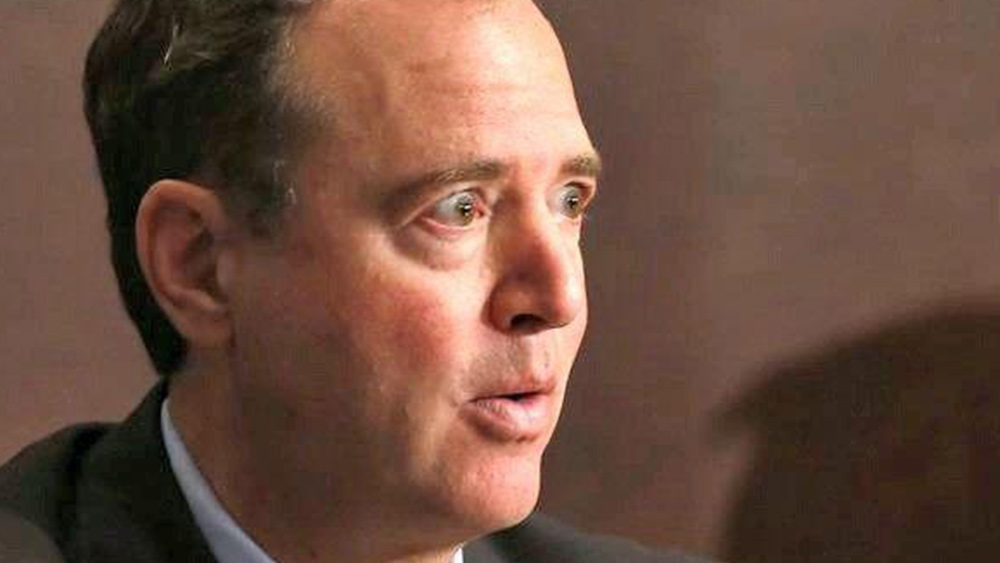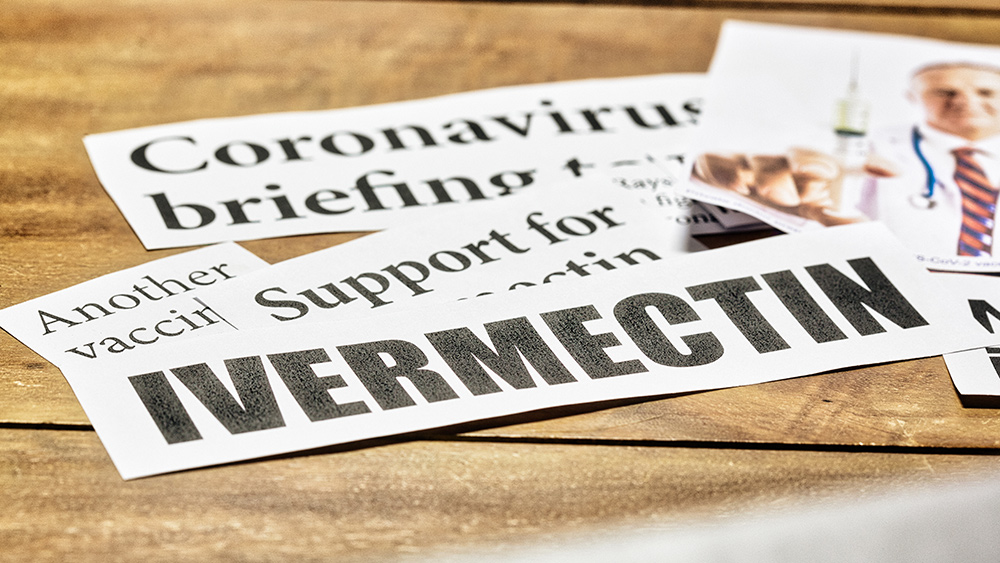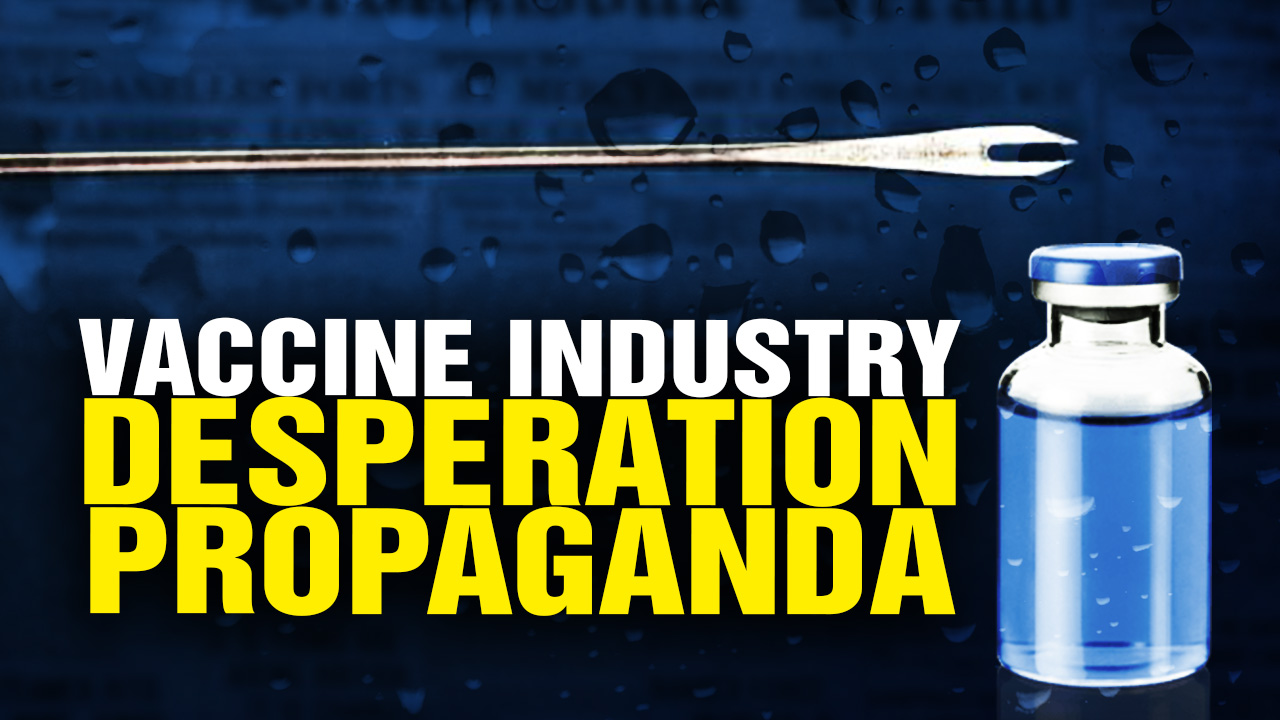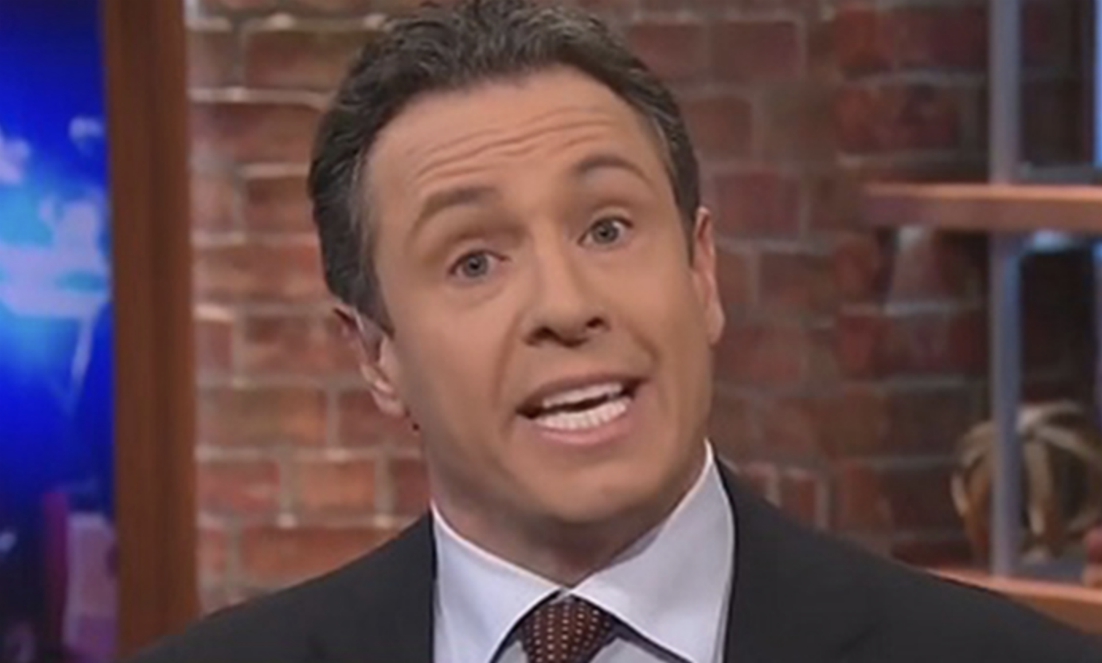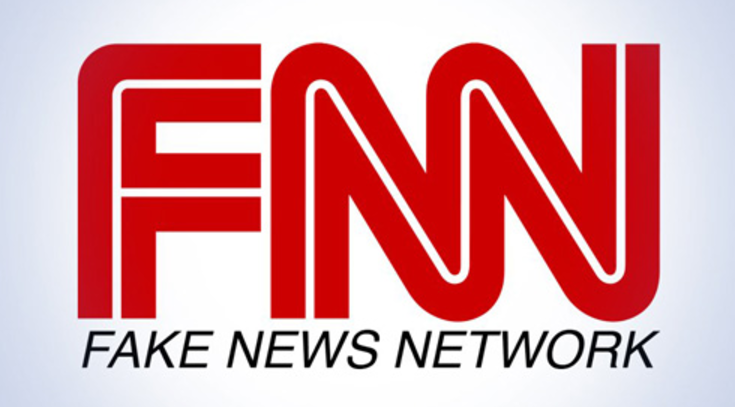Durham indictment of lawyer who worked for Clinton-friendly firm proves again how corrupt “mainstream media” really is
09/21/2021 / By JD Heyes

The American media is suffering its lowest approval ratings in the history of our republic, but it is a loss of confidence that was earned and well-deserved, as this story proves once again.
Last week, special counsel John Durham, whom most Americans had forgotten about because his investigation into the origins of the “Russian collusion” hoax — which began early in 2020 — had not produced any results, finally indicted someone: Michael Sussman, a former federal prosecutor who worked, at the time, for the law firm Perkins Coie.
That firm is responsible for funneling money from the 2016 Clinton campaign to former MI6 spook Christopher Steele, who came up with the infamous ‘Russia dossier’ on the Trump campaign, a fake document containing a plethora of phony claims.
But it was another aspect of Durham’s indictment that caught the attention of Georgetown constitutional law professor Jonathan Turley, namely that there is a mainstream media connection to all of this.
“The indictment fills in a great number of gaps on one of the Russian collusion allegations pushed by the Clinton campaign: Alpha bank. Sussman and others reportedly pushed the implausible claim that the Russian bank served as a conduit for communications between the Trump campaign and the Kremlin. The indictment removes the identity of key actors like a ‘Tech Executive’ who used his connections with an Internet company to help the Clinton campaign (and said he was promised a top cyber security position in the widely anticipated Clinton Administration),” Turley wrote on his website last week.
“One of those figures however may have been identified: ‘Reporter-2.’ Atlantic staff writer Franklin Foer wrote an article for Slate that seems to track the account of the indictment and, as such, raises questions over his role as a conduit for the Clinton campaign’s effort to spread the false story,” Turley added.
We already know that the mainstream media, which is in the pocket of the deep state and the Democrat Party it serves, was a “conduit” for a number of false stories regarding then-GOP nominee Donald Trump and his campaign, as well as President Trump and his administration. The Russian collusion lie was just the first, though it was perpetuated to the point where it was used as justification to launch a special counsel probe against Trump. (Not unheard of: Bill Clinton’s regime was dogged by Independent Counsel Ken Starr for years, but his probe was based on a legitimate instance of lawbreaking; Clinton was ultimately impeached — Trump’s entire probe was based on a hoax.)
But as Turley suggests, Durham’s indictment of Sussman paints the media not as unsuspecting dupes publishing information provided by ‘intelligence sources’ on good faith but rather as willing participants to the hoaxes.
“The indictment discusses how Fusion GPS pushed for the publication of the story, telling Foer that it was ‘time to hurry’ on the story,” Turley writes, quoting the passage:
The Investigative Firm Employee’s email stated, ‘time to hurry’ suggesting that Reporter-2 should hurry to publish an article regarding the Russian Bank-1 allegations. In response, Reporter-2 emailed to the Investigative Firm Employee a draft article regarding the Russian Bank-1 allegations, along with the cover message: ‘Here’s the first 2500 words.’
In other words, the reporter was colluding with a law firm — sending his story to them rather than clearing it with editors, meaning that editors for his publication either didn’t know that was taking place or did, and had no issue with it.
Foer explained his dishonesty as though he was doing the country a favor (even though his information was BS).
“Every article is an exercise in cost-benefit analysis; each act of publication entails a risk of getting it wrong, and sometimes events force journalists to assume greater risk than they would in other circumstances. Before I published the server story, I asked myself a fairly corny question: How would I sleep the next week if Donald Trump were elected president, knowing that I had sat on a potentially important piece of information? In the end, Trump was elected president, and I still slept badly,” he said.
Turley, the professor, explained why that is unethical nonsense.
“The cost behind this article is getting it wrong but relying too greatly on a biased source without independent research,” he wrote.
“In this case, Foer allegedly coordinated with investigators paid by the Clinton campaign to publish a story that had little or no basis. Even the researchers quoted in the indictment objected that the theory was unsupported and could bring public ridicule. Yet, the campaign continued to push the story and Foer ran it after allegedly sending an advance copy of his article to Fusion,” Turley said.
Like our government and most of academia, our media institution is broken and corrupt, too.
Sources include:
Tagged Under: 2016 election, corruption, deep state, fake news, fraud, Hillary Clinton, hoax, indictment, media, media collusion, Perkins Coie, Russian collusion
RECENT NEWS & ARTICLES
COPYRIGHT © 2017 MEDIA FACT WATCH

